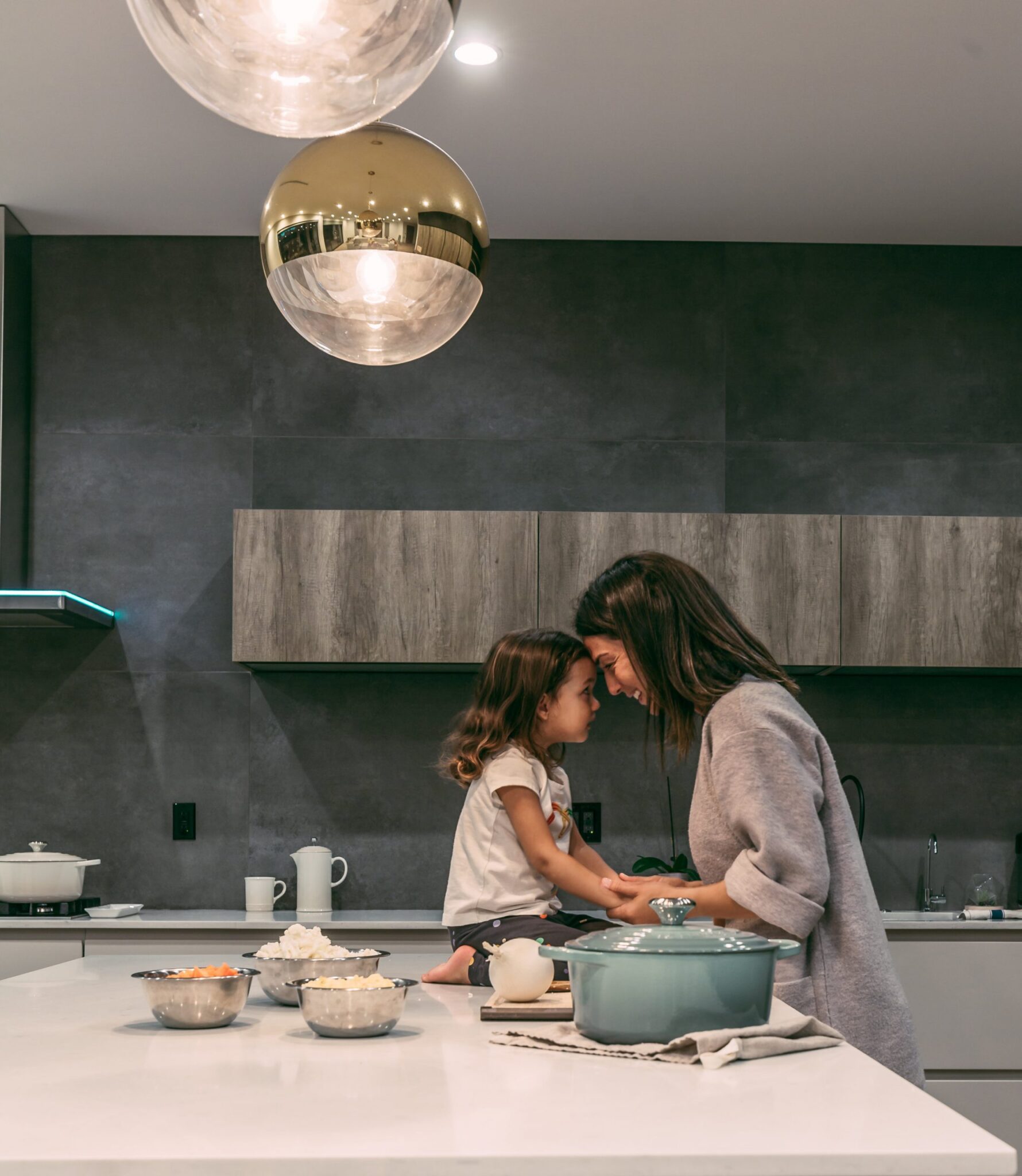by Stacy Francis, CFP®, CDFA
Are you thinking about buying a home? Here’s some expert advice
A lovely little house with a white picket fence and a husband to buy it for her used to be the average little girl’s fantasy, or so goes the stereotype. But these days, the average woman is more than likely dreaming about buying her own home. And according to statistics, she and her savvy single friends are setting records doing just that!
In fact, over 52% of women-headed households in the U.S. own their own homes and single women constituted the fastest growing demographic of first-time home buyers recently.
Nonetheless, the prospect of buying a home on your own can be daunting. In order to purchase the home of our dreams you need to get real about your finances. Here are some questions you need to ask yourself before you purchase a home.
Can you afford to buy a home?
Consider these two guidelines:
1) Your monthly mortgage payment, including principal, interest, real estate taxes, and homeowner insurance, should not exceed 28% of your monthly income before taxes.
2) Your total amount of debt (mortgage, credit cards, car payments, student loans, etc.) should not be more than 36% of your gross income–this is referred to as your debt-to-income ratio.
Sadly, due to low interest rates many individuals are buying more home than they can afford. They strap themselves with mortgage payments that stretch them to the limit and forget to budget for maintenance. When the first thing goes wrong with the home, they’re in over their heads. Ladies, if you can’t afford the sort of place you want to buy — with a loan that does more than just pay your interest — you may want to wait until you can pay a more substantial down payment.
Should you buy?
Are you planning to stay put for three years or more?
If you’re not planning on living in the same place for at least three years, buying is not a good idea. You need to consider the cost of moving and the cost of buying and selling makes renting a smarter move if you plan on living there only for a short time.
Are you willing to maintain it?
Owning a home is more work than renting. No more calling the landlord when the plumbing breaks, the refrigerator stops working and the air conditioner dies.
Is your credit in decent shape?
Be sure to check your credit score at www.myfico.com before you decide to buy. Unless you have a credit score of 700 or above, you could pay above average rates to finance your purchase. That can be costly!
You are ready to buy!
By and large, whether you’re single or divorced, the toughest part of buying a house is coming up with the down payment. However, the following resources are a good place to look for mortgages requiring low down payments.
Fannie Mae: This type of mortgage features a loan-to-value ratio of 97%, meaning you need only come up with 3%. Only people with modest incomes will qualify for this type of loan, and a pre-purchase homebuyer education class is required for approval.
Federal Housing Administration (FHA): This government agency doesn’t offer mortgages, but it does insure residential loans provided by private lenders. This means that once you qualify for FHA insurance, you may buy a home with only 3%-5% down. FHA-backed mortgages have a maximum loan limit depending on the average housing cost in each region.
USDA Mortgage: 100% Financing No Money Down options exist for non-military borrowers, too. The U.S. Department of Agriculture offers a 100% mortgage, too. The program is formally known as a Section 502 mortgage, but, more commonly, it’s called a Rural Housing Loan.


